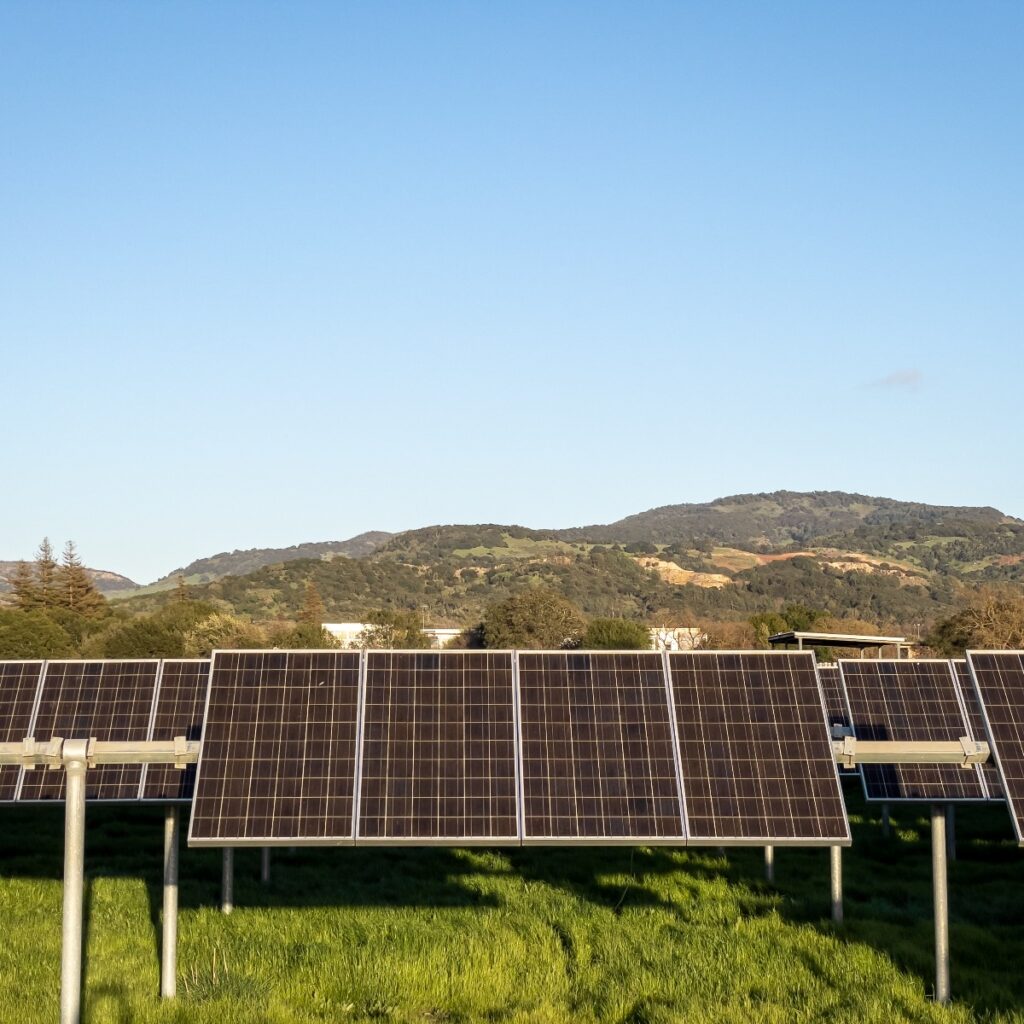Going Off Grid: A Guide to Living Sustainably with Solar Power in San Antonio

Thinking about living off the grid and powering your home with a solar system? There are several important factors you need to consider before making the switch. Will the local utility allow you to disconnect from the grid? If so, do you have enough panels to overproduce energy and ensure that your home has a constant source of power? And what about home backup batteries, do you have enough to keep the lights on during the night or in the morning?
Finally, where do you want to install your panels, on the roof or as a ground mount array in a rural area?
The first step in transitioning to off-grid living is determining if your local utility will allow you to disconnect from the grid. This is not always possible, as in some areas like Bexar County in Texas, it is illegal to disconnect unless the power goes out. If you are in an area where disconnecting is allowed, like GVEC, you need to ensure that your solar system is properly sized and equipped with enough panels to overproduce energy, meaning more than 100% replacement.
Home backup batteries are another crucial component of off-grid living. You can’t rely on net metering to keep the lights on at night or in the morning, so you will need nearly double the number of batteries for full home backup. This could mean up to three or four 10 kWh batteries. It’s important to note that each battery is limited in the number of panels it can receive power from, so overproduction is key to ensuring all batteries are being charged with enough solar cells.
Finally, consider the location of your solar panels. In many rural areas, a ground mount array may be possible. However, it’s important to consider the orientation and angle of your panels to ensure maximum efficiency and the right amount of sun exposure.
In conclusion, living off grid and powering your home with a solar system is a significant change, but it can also be an incredibly rewarding one. Make sure to research the local utility regulations, ensure you have enough panels and home backup batteries, and consider the location of your panels before making the switch. By doing your research and taking the necessary steps, you can power your home with clean, renewable energy and live a more self-sufficient lifestyle.
